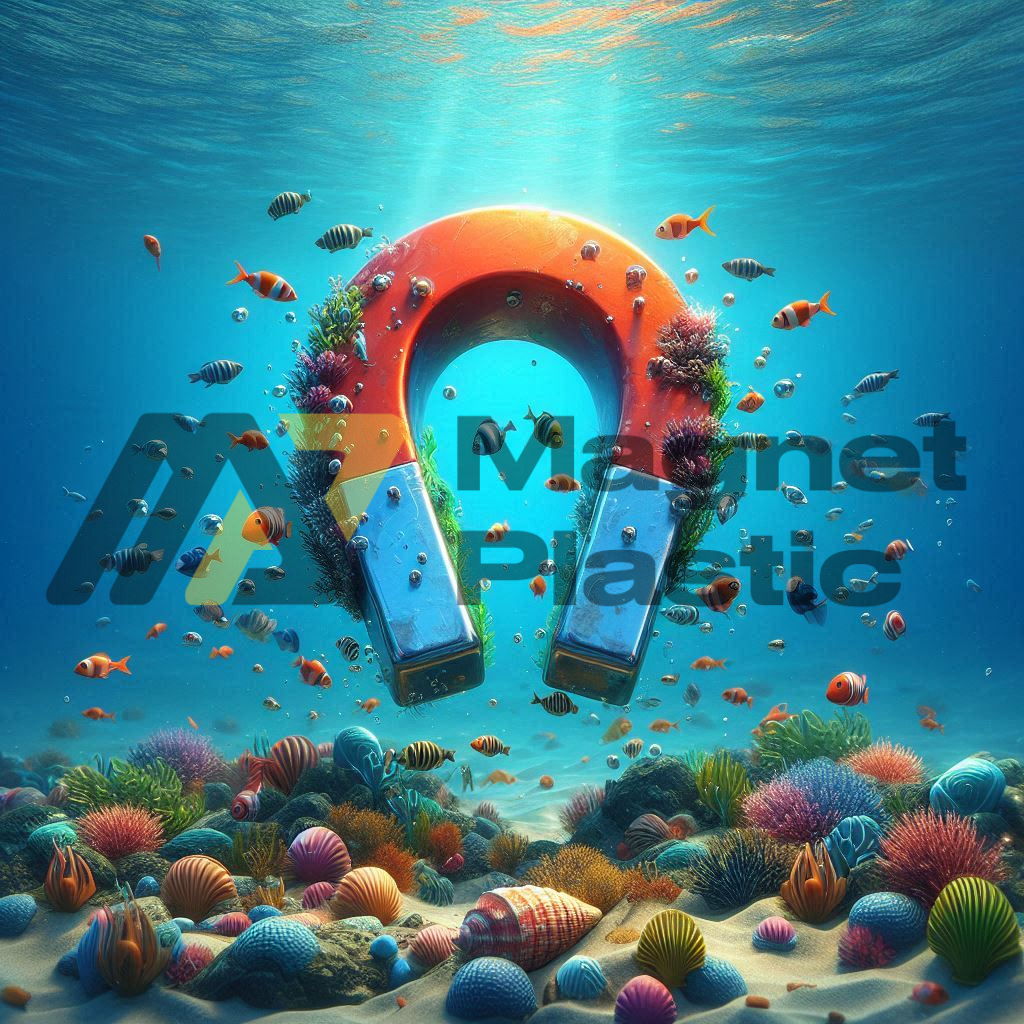Magnets in Ocean Exploration
Ocean exploration is a fascinating and challenging mission. With around 80% of the oceans still unexplored, scientists and explorers are constantly seeking new technologies to unravel the secrets of the deep sea. Among these innovations, magnets have emerged as crucial tools. This article analyzes how magnets in ocean exploration are transforming our ability to investigate and understand underwater mysteries.
Direct Applications: Detection and Retrieval of Metallic Objects
One of the most evident applications of magnets in ocean exploration is the detection and retrieval of metallic objects. Powerful magnets, such as neodymium magnets, are used to locate and extract shipwrecks, lost scientific equipment, and other submerged metallic objects. Diving teams and remotely operated vehicles (ROVs) use these magnets to facilitate these tasks. This capability is essential not only for marine archaeology and the recovery of valuable assets but also for the cleanup of metallic debris, which contaminates marine ecosystems.
Seafloor Mapping with Magnetometers
Magnetometers, which measure variations in the Earth’s magnetic field, are fundamental in ocean exploration. These instruments allow for mapping the seafloor and detecting magnetic anomalies that may indicate the presence of significant geological structures such as underwater ridges, volcanoes, or mineral deposits. Additionally, magnetometers are vital for identifying underwater archaeological sites and shipwrecks, providing precise data that guide researchers’ expeditions.
Magnetic Sensors in Underwater Vehicles
Autonomous underwater vehicles (AUVs) and remotely operated vehicles (ROVs) are essential tools for exploring inaccessible areas of the ocean. Equipped with various sensors, including magnetic sensors, these vehicles can navigate precisely, avoid obstacles, and map the underwater environment. Magnetic sensors are crucial for detecting and studying geological and biological features on the seafloor, enhancing our understanding of ocean ecosystems and their dynamics.
Impact on Marine Biology
In marine biology, magnets also play a significant role. Scientists use small magnetic tags to track the movement and behavior of various marine species. These non-invasive tags provide valuable data on migratory patterns, ecological interactions, and responses to environmental changes. This knowledge is essential for species conservation and sustainable management of marine resources.
Future Innovations and Challenges
The use of magnets in ocean exploration continues to evolve. Researchers are developing more powerful and efficient magnets, as well as new technological applications. Combining magnets with artificial intelligence and machine learning technologies promises to enhance the precision and efficiency of underwater exploration. However, challenges also exist, such as managing corrosion in saline environments and minimizing the environmental impact of exploration activities.
Conclusion
Magnets in ocean exploration are playing an increasingly crucial role. From detecting and retrieving metallic objects to mapping the seafloor and studying marine biology, their application is revolutionizing our ability to investigate and understand the oceans. As technology advances, the potential for magnets to contribute to ocean exploration and marine ecosystem conservation will continue to grow, helping us discover and protect the mysteries of the underwater world.
